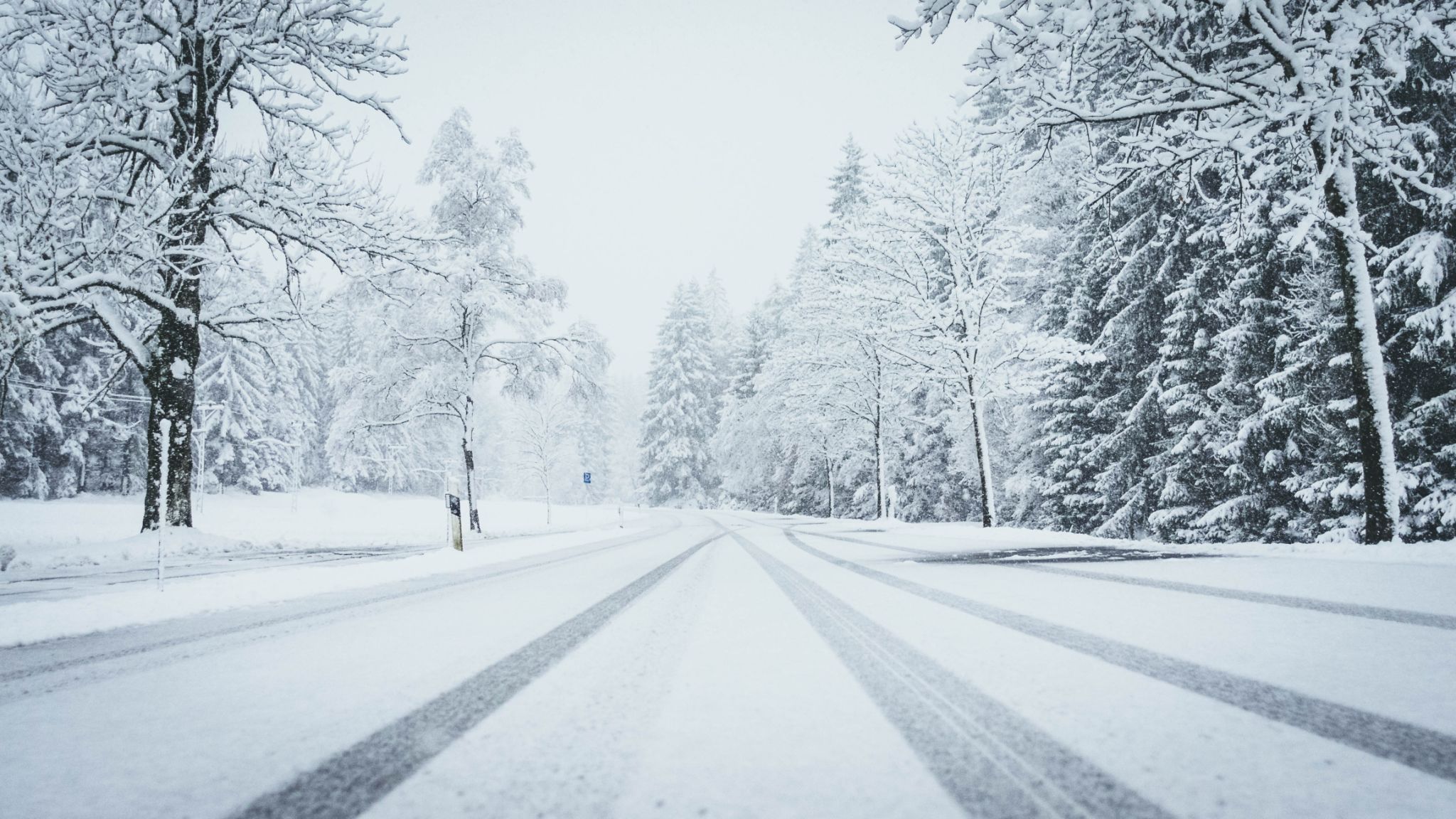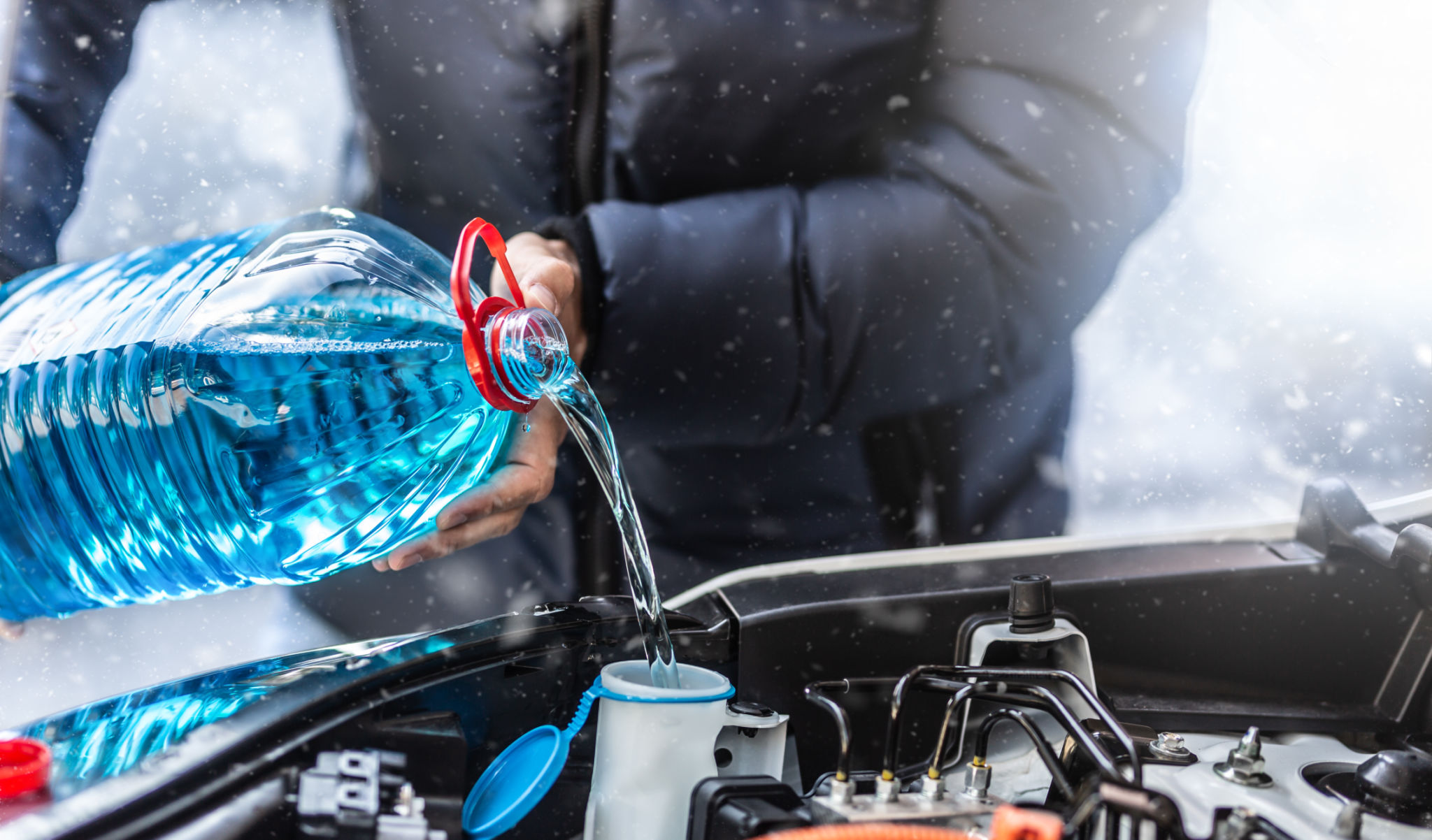Preparing Your Vehicle for Winter: A Collision Consultant's Advice
Understanding the Importance of Winter Vehicle Preparation
As the cold months approach, it's essential to ensure your vehicle is ready to face winter's challenges. Preparing your vehicle for winter not only enhances safety but also prevents unexpected breakdowns. A thorough winter check-up can save you from costly repairs and keep you safe on icy roads.

Essential Vehicle Maintenance Checks
Start by checking your vehicle's battery. Cold weather can significantly impact its performance, so ensure it's in good condition and fully charged. It's also a good time to inspect your brakes; they are crucial for safe driving during winter conditions. Make sure they respond promptly and are free from wear and tear.
Another critical component is the tire. Ensure your tires have adequate tread depth and consider switching to winter tires for better traction on snowy or icy roads. Additionally, check the tire pressure regularly, as cold temperatures can cause it to drop.
Fluids and Wipers: Key Factors in Winter Readiness
Fluids play a significant role in your vehicle's winter performance. Check your antifreeze levels and ensure the mixture is appropriate for freezing temperatures. Your windshield wiper fluid should also be rated for cold weather to prevent it from freezing on contact with the windshield.

Don't forget to inspect your wiper blades. They should be in excellent condition to clear snow and ice effectively. Consider investing in winter wiper blades designed to handle harsh weather conditions better.
Emergency Kit Essentials
An emergency kit is a must-have for winter driving. Prepare a kit that includes items such as a flashlight, blankets, extra clothing, snacks, and a first-aid kit. These items can be invaluable if you find yourself stranded in the cold.
Include tools like a snow shovel, ice scraper, and jumper cables. These tools can help you get back on the road quickly or assist others in need. It's always better to be over-prepared than caught off guard.
Additional Precautionary Measures
Keep your gas tank at least half full to prevent fuel line freeze-up. This practice also ensures you have enough fuel in case of unexpected delays or detours caused by winter weather.

Finally, stay informed about weather conditions and road closures during winter months. Planning your route and timing ahead can help you avoid dangerous conditions and ensure a safer journey.
Conclusion
Preparing your vehicle for winter is an essential task that should not be overlooked. By taking these proactive steps, you minimize risks and contribute to safer roads for everyone. Ensure your vehicle is ready for whatever winter throws your way and enjoy peace of mind during the colder months.